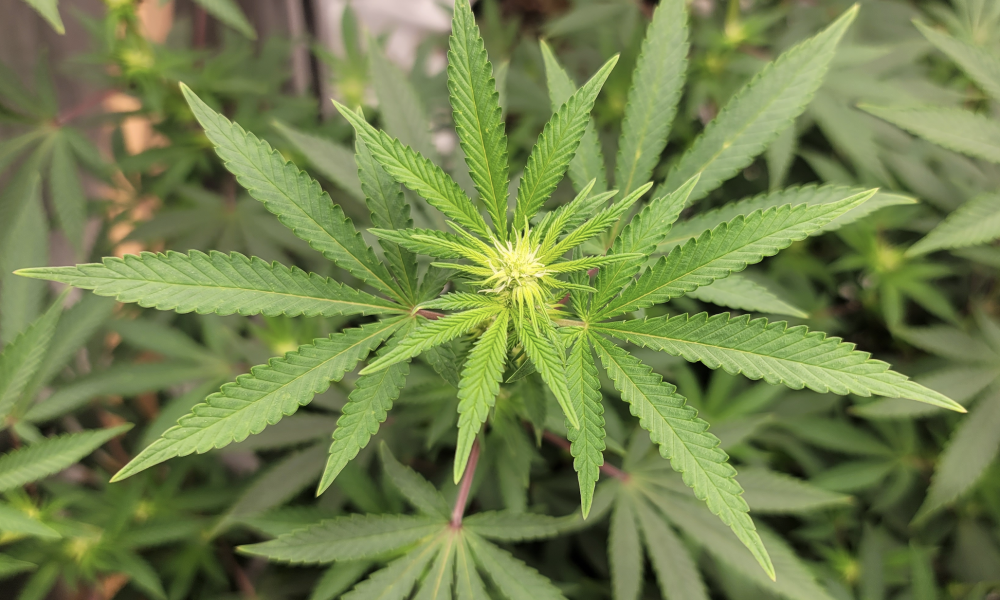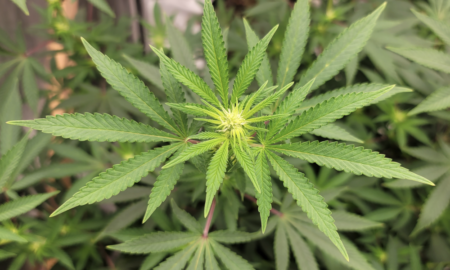The use of medical marijuana is associated with “significant improvements” in quality of life for people with conditions like chronic pain and insomnia—and those effects are “largely sustained” over time—according to a new study published by the American Medical Association (AMA).
Researchers carried out a retrospective case series analysis that involved 3,148 people in Australia who were prescribed medical cannabis for the treatment of certain eligible conditions.
For all eight wellbeing indicators that were tested, marijuana appeared to help, with adverse side effects that were “rarely serious,” according to the study, published last week in the Journal of the American Medical Association (JAMA) Health Policy.
Patients were asked to rate their wellness in eight categories on a scale of 0-100 at different stages of treatment. Those categories were general health, bodily pain, physical functioning, physical role limitations, mental health, emotional role limitations, social functioning and vitality.
After administering the survey to the patients about once every 45 days, for a total of 15 follow ups, the study found that participants who were consuming cannabis reported average improvements of 6.6-18.31 points on that 100-point scale, depending on the category.
“These findings suggest that medical cannabis treatment may be associated with improvements in health-related quality of life among patients with a range of health conditions,” the researchers from the Swinburne University of Technology, University of Western Australia and Austin Hospital wrote.
“Patients using medical cannabis reported improvements in health-related quality of life, which were mostly sustained over time.”
The most common conditions for which marijuana was prescribed were non-cancer chronic pain (68.6 percent), cancer-related pain (6.0 percent), insomnia (4.8 percent) and anxiety (4.2 percent).
“The use of cannabis as a medicine is becoming increasingly prevalent,” the study says. “Given the diverse range of conditions being treated with medical cannabis, as well as the vast array of products and dose forms available, clinical evidence incorporating patient-reported outcomes may help determine safety and efficacy.”
The doses, methods of consumptions and cannabinoid profiles of marijuana products that patients used varied significantly. Even so, the “estimated treatment effects were very similar.”
The researchers said that the retrospective case series analysis is limited by the fact that there was not a control, making it more difficult to generalize the results.
“This study suggests a favorable association between medical cannabis treatment and quality of life among patients with a diverse range of conditions,” it concludes. “However, clinical evidence for cannabinoid efficacy remains limited, and further high-quality trials are required.”
This is just the latest in a long list of studies supporting the therapeutic potential of marijuana as more states and countries move to reform their cannabis laws.
For example, another recent study from the University of Colorado found that consistent marijuana use is associated with improved cognition and reduced pain among cancer patients and people receiving chemotherapy.
A separate AMA study that was released earlier this year found that chronic pain patients who received medical cannabis for longer than a month saw significant reductions in prescribed opioids.
AMA also published research late last year that connected state cannabis legalization with reduced opioid prescribing for certain cancer patients. Numerous studies have linked cannabis legalization and self-reported marijuana use to reduced opioid prescribing and overdose deaths.
State-level marijuana legalization is also associated with notable reductions in prescribing of the specific opioid codeine, according to another recent study that leverages data from the federal Drug Enforcement Administration (DEA).
Minnesota Lawmakers Finalize Marijuana Legalization Bill In Conference Committee, With Passage Expected This Week
Photo courtesy of Mike Latimer.
Read the full article here


